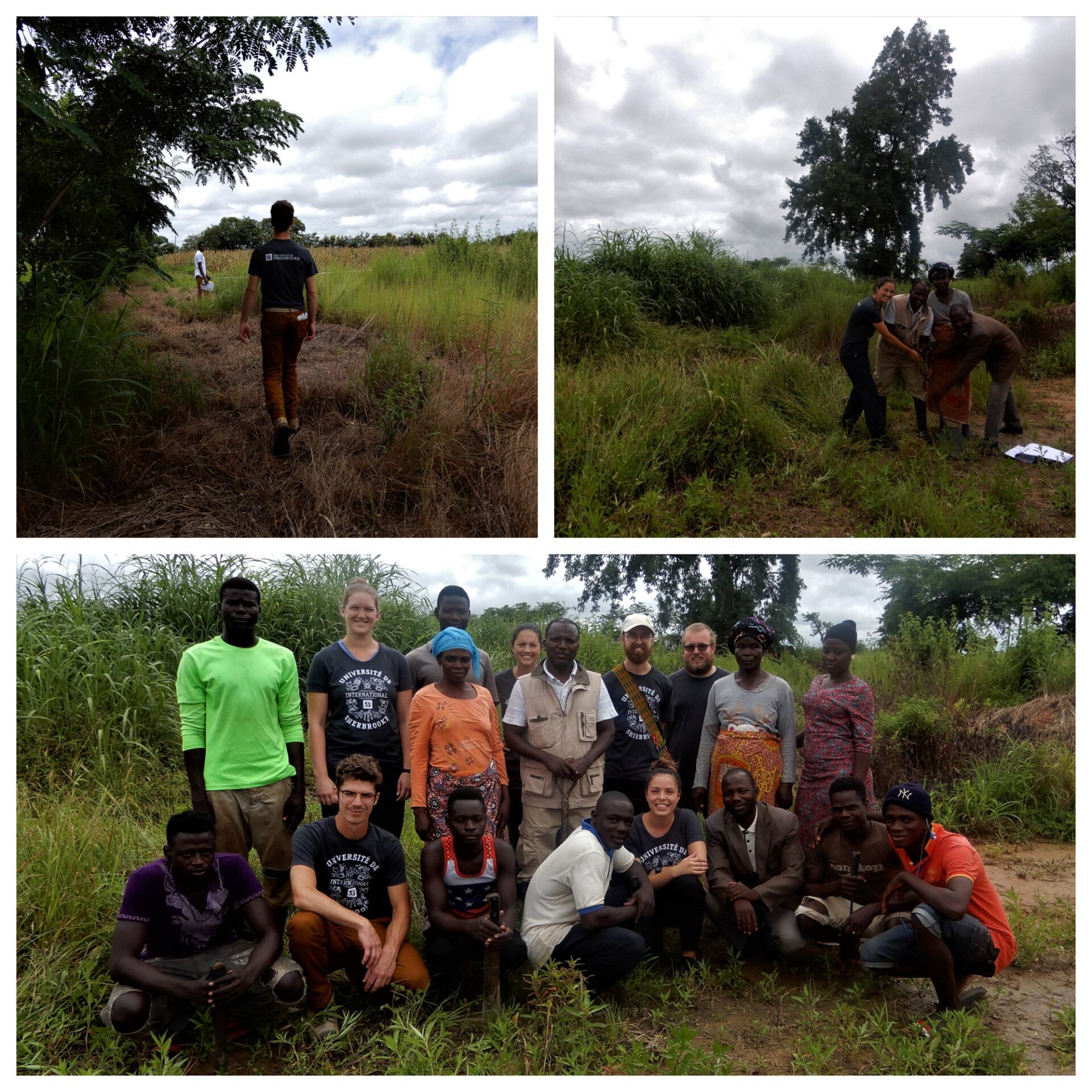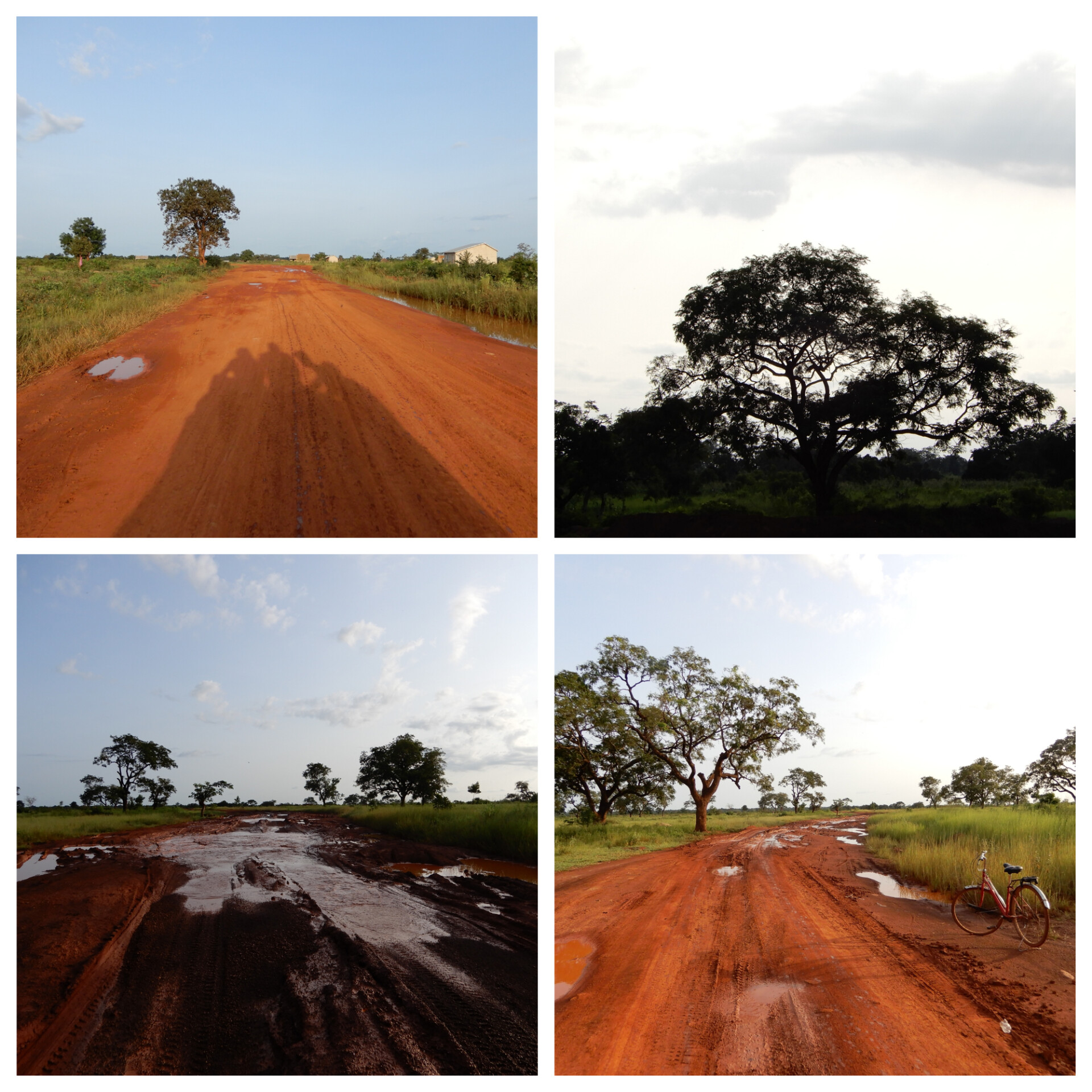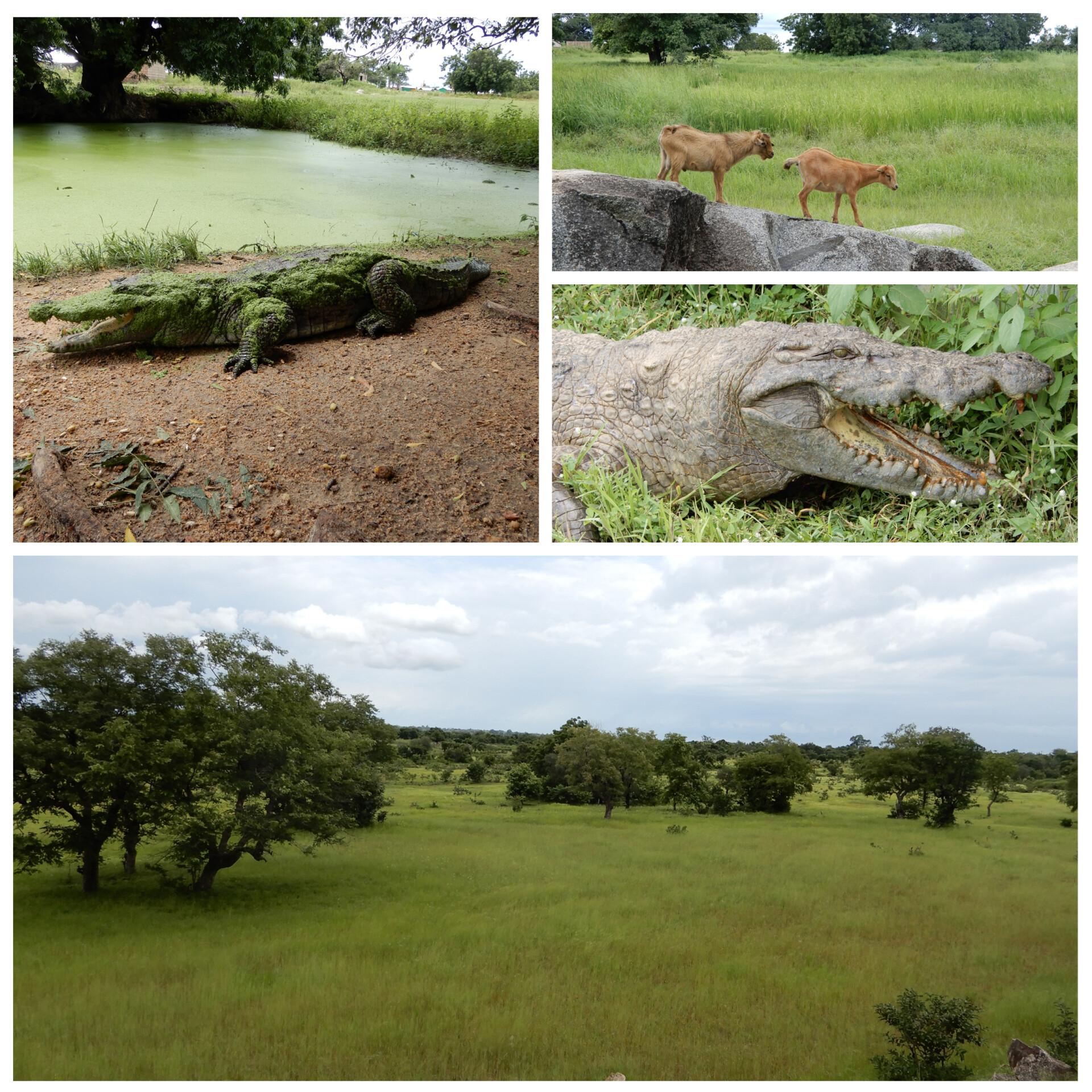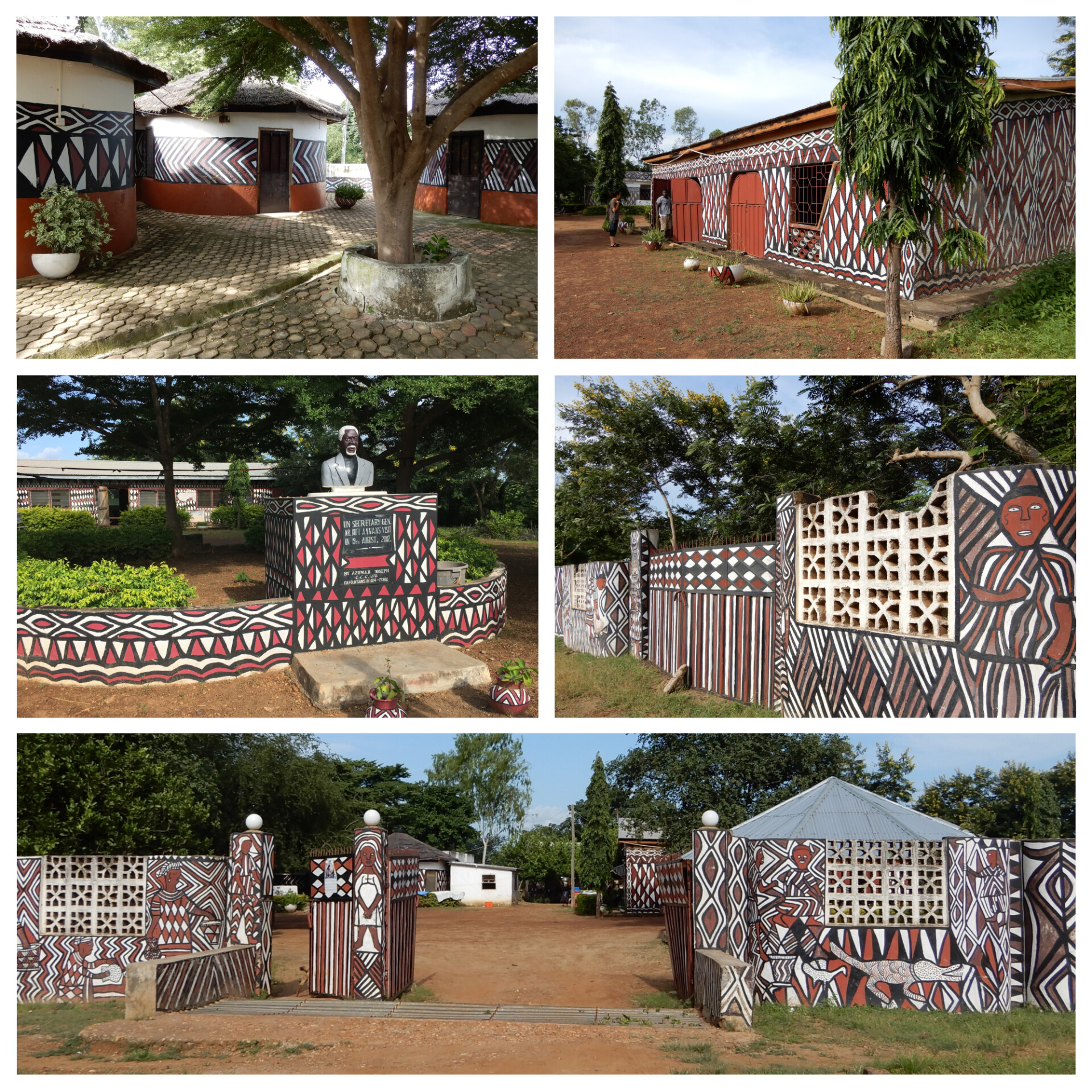
Success story
GCIUS - Back to Reality
After 2 weeks of organization and preparation, construction began this Monday on September 17th. The GCIUS team had the chance to meet the local community with whom we cleared up the site. In addition, we met with Zaharawu, the woman responsible for cooking for the entire workforce present on the site every day: approximately 15 to 30 people. The whole team was very excited about starting the project and seeing the first steps as they happened. After only a day worth of work, the entire site was cleared of plants that prevented construction.

This week, the group was quickly confronted with the different temporal dimension of Africa. Being in the middle of the rainy season, Monday was the only day the team was able to work on the site. It is very difficult to predict the climate and the terrain was impracticable all week long. Of course, our free time has been filled by project planning. Some members visited the gravel pit where the materials for the hydraformed blocks will be purchased. The journey to get there has given way to beautiful landscapes of unlikely savannahs. We also took advantage of this time to meet the teachers and students of the Tamale Technical University and give them an overview of our project. Many of them are studying construction at several levels. We believe that it is very relevant that these students can be integrated at different stages of the project to put their learning into practice. By actively participating in the construction process, we all increase opportunities for knowledge exchange.

During the weekend, part of the team ventured into unfamiliar territory further north. They first went to Sirigu, a very small village rarely mentioned in the travel guides despite the fact that it is known for its pottery and crafts. A cooperative of 450 women produces traditional art objects specific to this region. The houses are beautifully painted with different clay pigments in patterns representing, among others, fertility, dignity and movement of animal herds. The next day was spent exploring Paga by visiting a sacred crocodile pond and a former slave gathering site. These two visits caused a lot of recognition for being able to witness this and allowed everyone to learn more about the past of these communities.

Here, happiness is found in the smallest details that life has to offer and does not lie in accessible material resources. Human relationships are paramount and solidarity is felt every day. Opportunities for introspection towards our way of living are numerous and problematic situations are constantly transformed into learning opportunities.
– Jordan Laroche

